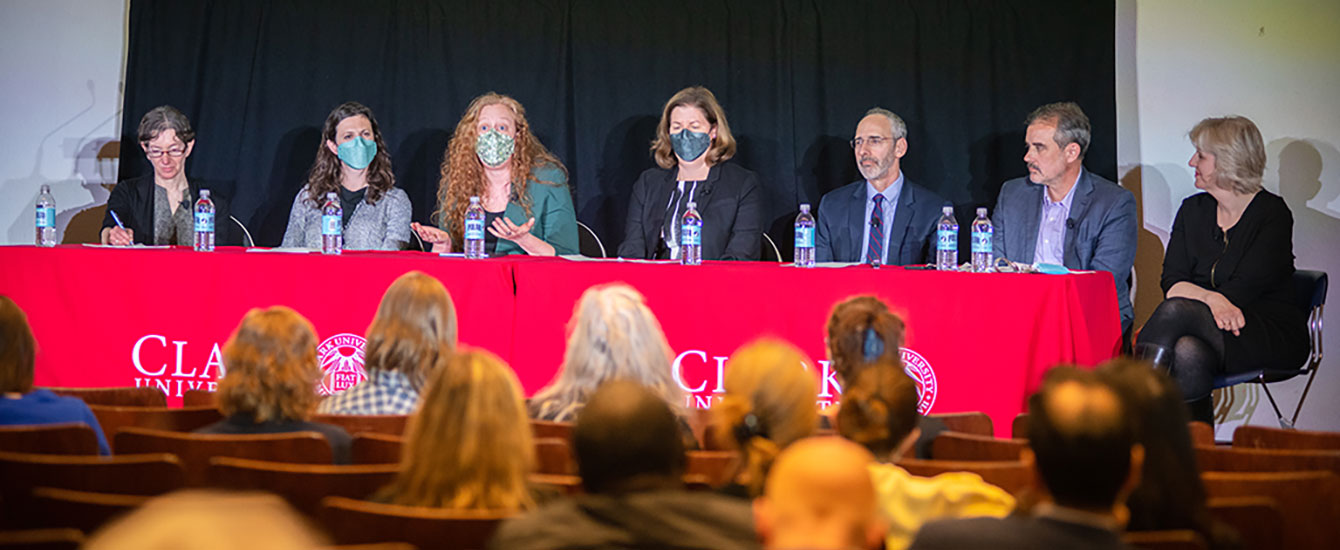Political Science
The state of experimental research in IR: An analytical survey
Document Type
Article
Abstract
The purpose of this review essay is to examine the use of experimental methods and its contributions to international studies research. Following a general discussion of the experimental approach, including the advantages and disadvantages of experimentation in International Relations (IR), this review moves to a categorized discussion of the ways in which experimental methods have contributed to the field of international studies. By invoking economist Alvin Roth's three purposes of experiments - searching for facts, speaking to theorists, and influencing policy debates - this classification scheme helps to identify the overarching purposes of a wide variety of experiments in the field. However, this review seeks to move beyond merely presenting a basic review of the copious experimental literature by also providing an analytical assessment of the function that experimentation serves in IR; that is, to identify and elaborate on experimental research that serves an integrative function, as a bridge across the multiple divides in the landscape of IR. To this end, we introduce a second and original classification framework that allows us to profile in detail a number of singularly significant experimental studies. We then conclude the analysis by highlighting a set of "growth areas" for experimental research that can maintain and expand the already significant contributions of experimental methods to our field. © 2010 International Studies Association.
Publication Title
International Studies Review
Publication Date
6-2010
Volume
12
Issue
2
First Page
165
Last Page
192
ISSN
1521-9488
DOI
10.1111/j.1468-2486.2010.00927.x
Keywords
experimental methods, international studies research, Alvin Roth
Repository Citation
Hudson, Natalie Florea and Butler, Michael J., "The state of experimental research in IR: An analytical survey" (2010). Political Science. 33.
https://commons.clarku.edu/faculty_political_science/33



